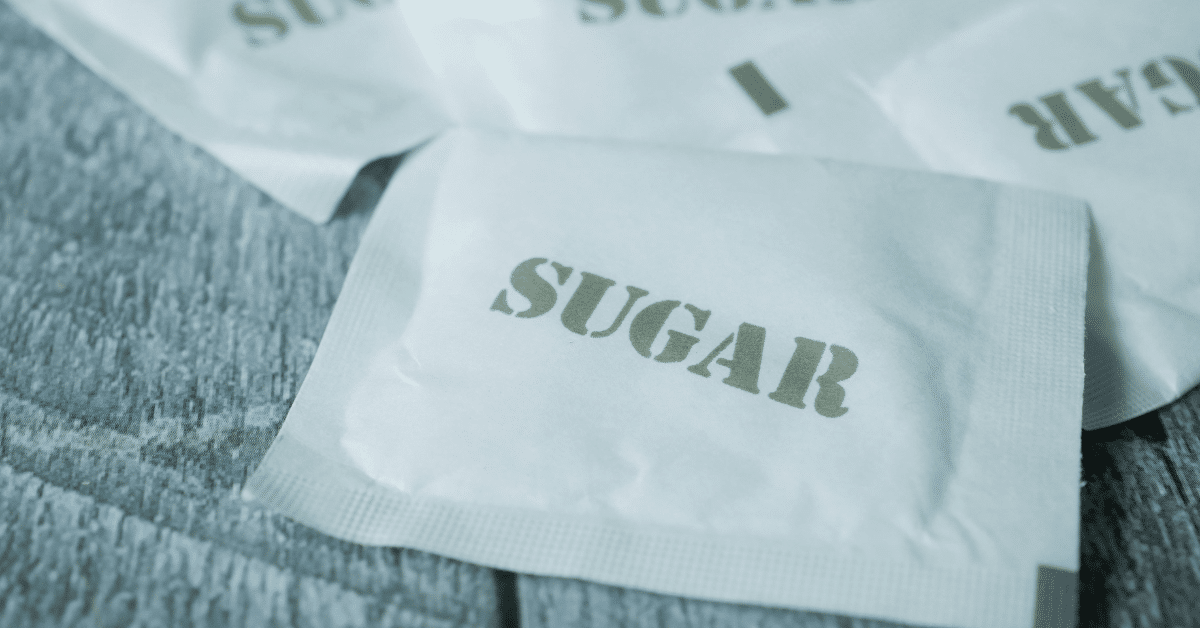
Our Blog

How Sugar Hijacks Your Hormones | What to Do About It

Sugar affects much more than your waistline. It influences nearly every hormone in your body, impacting energy levels, mood, skin, and even your menstrual cycle. When sugar intake is high, it quietly disrupts your hormonal balance, leaving you feeling tired, moody, and craving more.
Let’s explore how sugar hijacks your hormones and what you can do to restore balance without completely giving up your favorite treats.
1. Insulin – The Sugar Traffic Cop 🚦
When you eat sugar, your blood glucose levels rise. Insulin, a hormone produced by the pancreas, is released to move that glucose into your cells for energy or storage.
The problem begins when sugar intake becomes frequent. Constant sugar consumption keeps insulin levels elevated, which signals your body to stay in fat-storage mode, especially around your midsection. Over time, this can lead to insulin resistance, which affects much more than metabolism.
Insulin resistance can disrupt:
- Reproductive hormones (a common link to PCOS)
- Energy production (causing fatigue and energy crashes)
- Brain function (leading to fog, cravings, and irritability)
💡 Fun Fact: Even one high-sugar meal can temporarily lower testosterone levels in men for up to two hours.
2. Leptin and Ghrelin – The Hunger and Fullness Duo 🍽️
Leptin tells your brain when you are full, while ghrelin signals hunger. Sugar interferes with both of these hormones. High sugar blunts leptin’s signal and increases ghrelin, tricking your brain into thinking you are still hungry even when you are not.
This is why processed sugary foods rarely satisfy you. They are calorie-dense but nutrient-poor, which makes them easy to overeat and leaves you craving more.
🧠 Puresthetics Principle: When your hunger hormones are imbalanced, willpower is not enough. The goal is to restore balance, not restrict yourself.

3. Cortisol – The Stress Amplifier 😰
A sugar rush often leads to a crash, and that crash stresses your body. Here’s what happens:
High sugar intake triggers an insulin spike, followed by a blood sugar drop. Your body perceives that drop as an emergency and releases cortisol, the stress hormone, to stabilize your levels. The challenge is that cortisol also raises blood sugar, creating a continuous cycle of stress and imbalance.
Research shows that repeated sugar-induced cortisol spikes contribute to abdominal fat accumulation and disrupted sleep patterns. These changes interfere with other hormones, including melatonin, estrogen, testosterone, and thyroid hormones.
4. Estrogen and Testosterone – The Reproductive Regulators 💕
Sugar and insulin resistance also affect your reproductive hormones.
In women, insulin resistance can lead to estrogen dominance, which worsens PMS, bloating, mood swings, and fertility challenges.
In men, high insulin levels and increased belly fat lower testosterone and raise estrogen, which can cause fatigue, reduced libido, and even breast tissue enlargement.
💬 Did you know? Up to 70 percent of women with PCOS have insulin resistance, and reducing sugar in the diet has been shown to improve symptoms significantly.
🔬 What You Can Do About It (Without Giving Up Dessert Forever)
You do not need to live a sugar-free life to protect your hormones. The goal is balance and consistency. Here are some simple ways to support hormonal health while still enjoying your favorite sweets.
| Hormone | How Sugar Affects It | What Helps You Fight Back |
| Insulin | Spikes and crashes in glucose levels | Eat more fiber and protein, and take a short walk after meals |
| Leptin/Ghrelin | Disrupts hunger and fullness signals | Eat regular meals, get enough sleep, and start the day with protein |
| Cortisol | Creates a stress response cycle | Reduce sugar intake, take magnesium, and use adaptogens like ashwagandha |
| Estrogen | Increases overall estrogen load | Eat cruciferous vegetables, support liver health, and practice cycle syncing |
| Testosterone | Decreases with frequent sugar spikes | Focus on strength training, quality sleep, and steady blood sugar |

